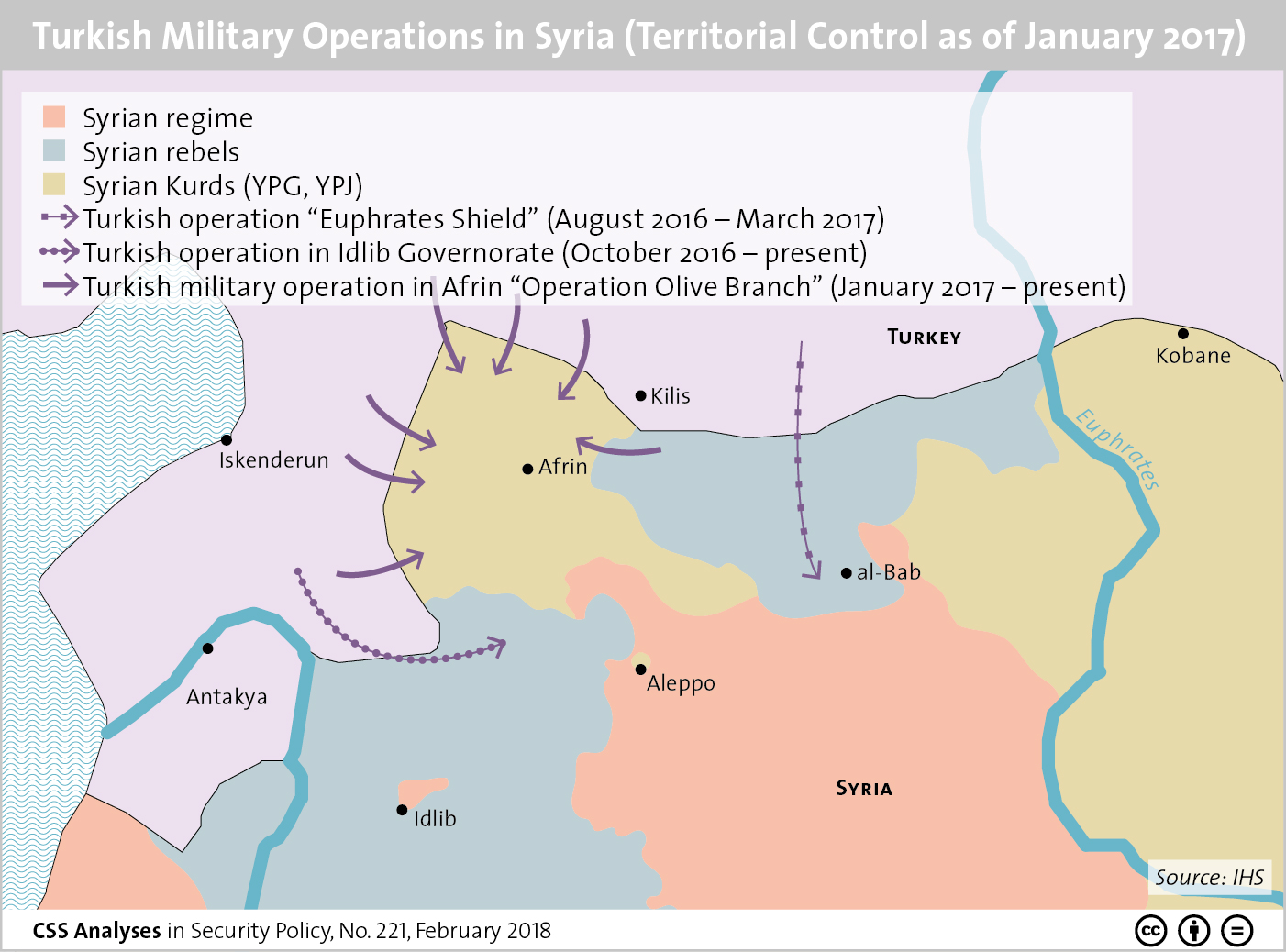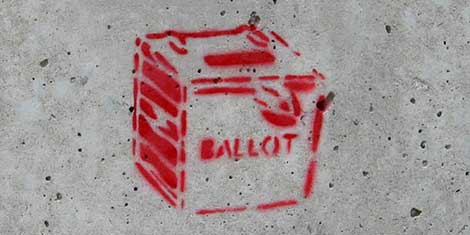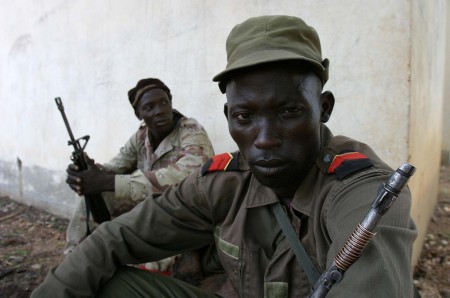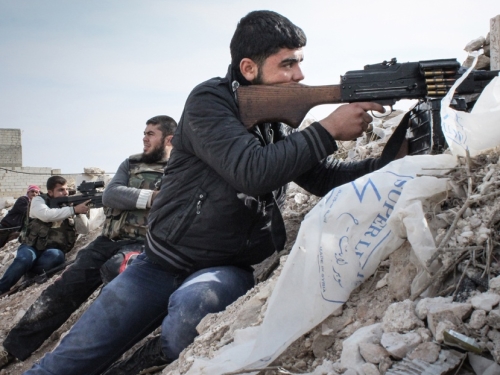
Mediation Perspectives is a periodic blog entry that’s provided by the CSS’ Mediation Support Team and occasional guest authors. Each entry is designed to highlight the utility of mediation approaches in dealing with violent political conflicts. To keep up to date with the Mediation Support Team, you can sign up to their newsletter here.
“The only page [of the Darfur Peace Agreement] that really matters is the last page, which has the space for the signatures of the parties,” explained Salim Ahmed Salim to the conflict parties. One Darfurian rebel leader eventually signed the agreement because of tremendous external pressure. The conclusion of the peace agreement was followed by rebel fragmentation and the civil war dragged on for many years to come.







